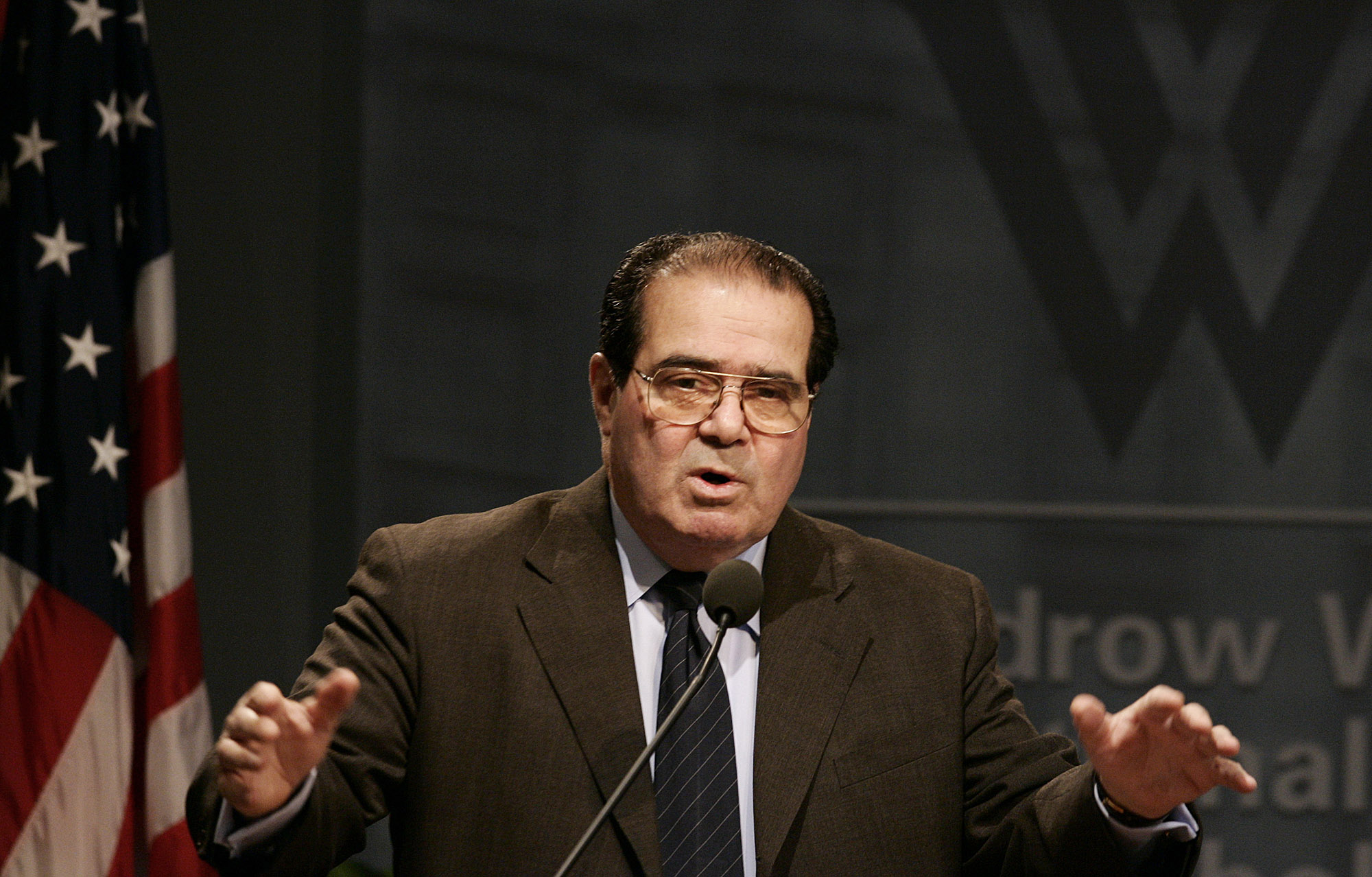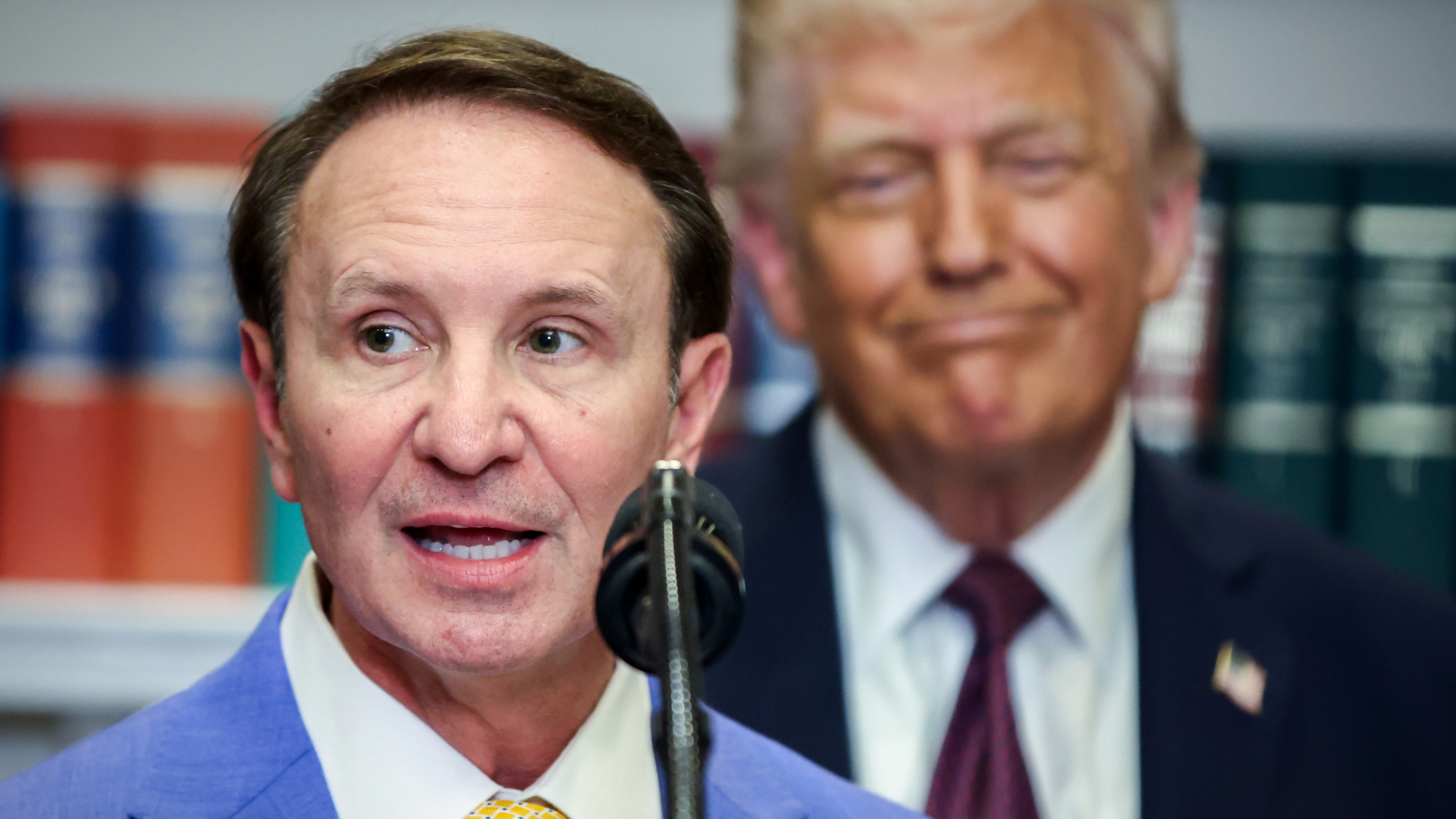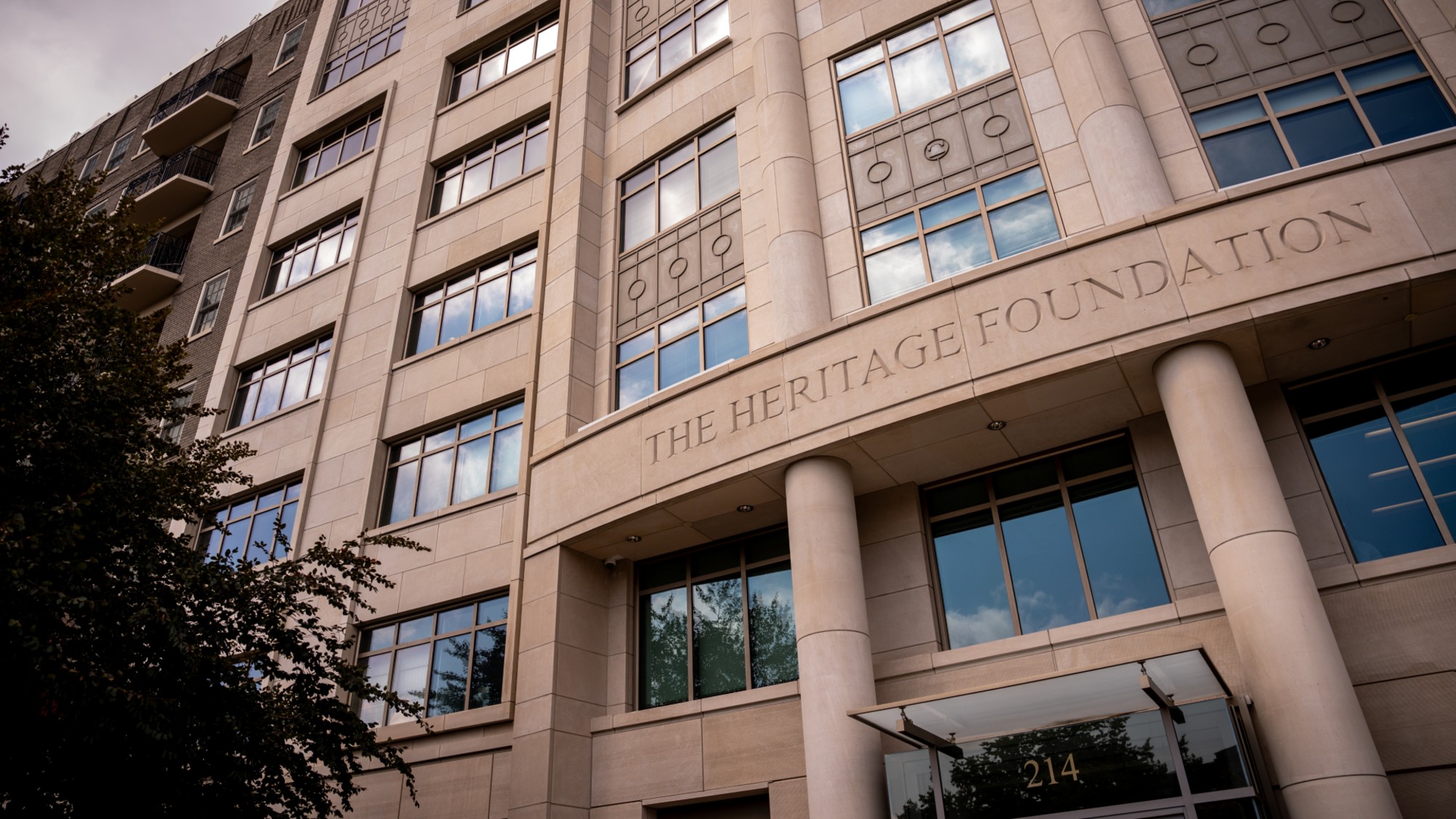Antonin Scalia's legacy: Extraordinary writing, and upholding the rule of law
He was a heck of a writer, and he was a defender of one of the most important institutions our civilization is based on


Antonin Scalia is dead. Go elsewhere for a treatment of the politics.
The two most important things to remember about Scalia — apart from the fact that he was a family man and a faithful Catholic — are the following: He was a heck of a writer, and he was a defender of one of the most important institutions our civilization is based on.
I think there's a good chance Scalia might have wanted to be remembered as a writer first, and as a jurist second. Most non-lawyers don't associate the law and legal documents with great reading, and I don't blame them. But the legal profession really is all about words, and the best legal minds are by necessity minds that love words and, at least sometimes, know how to use them.
The Week
Escape your echo chamber. Get the facts behind the news, plus analysis from multiple perspectives.

Sign up for The Week's Free Newsletters
From our morning news briefing to a weekly Good News Newsletter, get the best of The Week delivered directly to your inbox.
From our morning news briefing to a weekly Good News Newsletter, get the best of The Week delivered directly to your inbox.
The greatest legal documents have a quality of prose that matches the best literature. Stendhal, one of the greatest French writers, once remarked that when he was looking for inspiration, he would read the Napoleonic Code. And the original 1804 text is indeed one of the best written texts in the history of the French language. I, too, when in law school, found myself reading it just for the beauty of the prose. In fact, that's mainly my best memory from law school — reading law review articles from my favorite legal minds just for the quality of the prose.
Scalia was a heck of a writer. There are many great legal minds who are also terrific writers. But there are few who are such lively writers. That's the thing all the obits will tell you: Scalia was eminently readable and eminently quotable. ("What is a moderate interpretation of the text? Halfway between what it really means and what you'd like it to mean?") He enjoyed throwing punches, and taking on his opponents. It was part of a strategy. Being so readable ensured he was, well, read, by other judges and lawyers and jurists, and so broadened his influence. But he also couldn't help it.
Scalia was also a snoot — someone who cares deeply about the right usage of the right words. And that brings me to my favorite bit of Antonin Scalia trivia: He once was friendly with David Foster Wallace. Which should surprise no one, given that they were both snoots.
The two met through Bryan Garner, the editor-in-chief of Black's Law Dictionary and an authority on English usage and style, particularly legal English. Garner tells the story in the short book Quack This Way, about his relationship with Wallace. Garner was, in parallel, talking with Scalia about writing a book. And he arranged for the two to meet. They hit it off.
A free daily email with the biggest news stories of the day – and the best features from TheWeek.com
Great writing unites us all! I think Scalia would want to be remembered as a writer at least as much as a legal mind, and that's how we should remember him. We can't all agree with his views, but at least we can all enjoy his prose.
But there's this, too: Scalia stood for something very important.
What is the job of a judge in a modern society? Scalia's entire oeuvre can be summed up as his answer to that question, at a time when most judges, and most of society, has been giving a different answer for the past 40 years.
There are basically two schools of thought here: those who think the job of a judge is to rule according to what she feels is right, and those who think the job of a judge is to rule according to what the law says. (I'm oversimplifying... but not that much.)
Only one of those options is compatible with democracy and with modern civilization, and that is the second one. That is the one Antonin Scalia wrote.
The idea that judges should just faithfully interpret legal texts, according to what the text meant at the time it was enacted, is not some quaint and curmudgeonly obsession. It is the guarantee of civilization. After all, the entire American experiment rests on the idea that there are two sorts of governments: government of law, and government of men. And that the latter one is capricious, unjust, and often tyrannical. And that the former one is the only kind that is rational and just. In a government of law, judges have an absolutely crucial role: applying the law. But if they do more than apply the law, and make it up, then they turn a government of law into a government of men. (And if that law was passed democratically, they usurp democracy.)
Regardless of how you feel about same-sex marriage, the idea that the Constitution mandates it in 50 states, even though the idea of same-sex marriage was on nobody's radar, to say the least, when the Constitution was enacted, is not only self-evidently absurd, it is deeply corrosive to everything our society is based on. Because once you make the leap the five justices made in declaring same-sex marriage the law of the land, you have basically decided that five unelected judges decide policy for our entire society.
The idea of the rule of law is central to the notion of a self-governing, free people. The irony is that now it's conservatives who are defenders of this idea, when it was originally invented by Enlightenment progressives to check the power of kings and activist judges.
Scalia's decisions often produced results he was unhappy with. He didn't see his job as making the judgment he felt was best, he saw his job as applying the Constitution. In this he was a servant and a role model.
Pascal-Emmanuel Gobry is a writer and fellow at the Ethics and Public Policy Center. His writing has appeared at Forbes, The Atlantic, First Things, Commentary Magazine, The Daily Beast, The Federalist, Quartz, and other places. He lives in Paris with his beloved wife and daughter.
-
 Whiskey tariffs cause major problems for American distillers
Whiskey tariffs cause major problems for American distillersIn the Spotlight Jim Beam is the latest brand to feel the pain
-
 Danes ‘outraged’ at revived Trump Greenland push
Danes ‘outraged’ at revived Trump Greenland pushSpeed Read
-
 ‘Tension has been building inside Heritage for a long time’
‘Tension has been building inside Heritage for a long time’Instant Opinion Opinion, comment and editorials of the day
-
 Has Zohran Mamdani shown the Democrats how to win again?
Has Zohran Mamdani shown the Democrats how to win again?Today’s Big Question New York City mayoral election touted as victory for left-wing populists but moderate centrist wins elsewhere present more complex path for Democratic Party
-
 Millions turn out for anti-Trump ‘No Kings’ rallies
Millions turn out for anti-Trump ‘No Kings’ ralliesSpeed Read An estimated 7 million people participated, 2 million more than at the first ‘No Kings’ protest in June
-
 Ghislaine Maxwell: angling for a Trump pardon
Ghislaine Maxwell: angling for a Trump pardonTalking Point Convicted sex trafficker's testimony could shed new light on president's links to Jeffrey Epstein
-
 The last words and final moments of 40 presidents
The last words and final moments of 40 presidentsThe Explainer Some are eloquent quotes worthy of the holders of the highest office in the nation, and others... aren't
-
 The JFK files: the truth at last?
The JFK files: the truth at last?In The Spotlight More than 64,000 previously classified documents relating the 1963 assassination of John F. Kennedy have been released by the Trump administration
-
 'Seriously, not literally': how should the world take Donald Trump?
'Seriously, not literally': how should the world take Donald Trump?Today's big question White House rhetoric and reality look likely to become increasingly blurred
-
 Will Trump's 'madman' strategy pay off?
Will Trump's 'madman' strategy pay off?Today's Big Question Incoming US president likes to seem unpredictable but, this time round, world leaders could be wise to his playbook
-
 Democrats vs. Republicans: who do the billionaires back?
Democrats vs. Republicans: who do the billionaires back?The Explainer Younger tech titans join 'boys' club throwing money and support' behind President Trump, while older plutocrats quietly rebuke new administration
